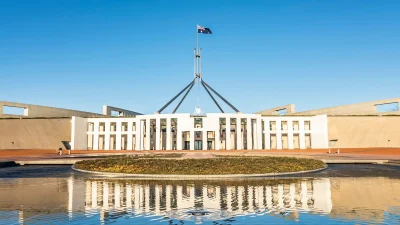Fidelity takes advantage of US/China trade war turmoil


Fidelity is topping up its holdings in companies exposed to China to take advantage of the negative sentiment caused by the US/China trade war.
Last year, the US imposed three rounds of tariffs on more than US$250 billion worth of Chinese goods covering a wide range of consumer and industrial items. China then retaliated with its own tariffs on US$110 billion of US goods.
Global cross asset investment specialist, Anthony Doyle, who joined the firm in January, said the US/China trade war remained the biggest risk affecting markets currently. However, he felt the volatility it was causing was “not necessarily a bad thing”.
As a result, the firm remains overweight to emerging markets, both in equities and fixed income, and has been increasing its exposure to certain companies in its global emerging market funds.
“The US/China trade war remains a risk and is having a big disruption on global supply chains. We are concerned but we are weighing the heightened trade tensions into our analysis of companies and believe the volatility is not necessarily a bad thing,” Doyle said.
“As a result, we are topping up positions in the short term to those companies exposed to China as we see indiscriminate selling or negative sentiment.”
The Fidelity Global Emerging Markets fund has returned 12 per cent over one year to 12 June, according to FE Analytics, versus returns of 1.6 per cent by the ACS Equity- Emerging Markets sector.
Doyle said he believed the size of the Chinese economy, which is growing at 6.5 per cent per annum, meant it could wear the amount of tariffs and it would be the US consumer that would bear the brunt of the tariffs instead.
“Who will suffer the cost? It will be the US consumer as if Apple choose to continue to manufacture component parts for the iPhone in China they can pass the tariff onto consumers. Ultimately, companies will pass on tariffs direct to their consumer base.”
Earlier this year, J.P. Morgan estimated Apple would need to raise the prices of the iPhone by 14 per cent to offset the costs of a 25 per cent tariffs. On the other hand, there would be a 20-25 per cent rise if the company moved to manufacturing 100 per cent of the product in the US.
Recommended for you
T. Rowe Price believes Australian growth is successfully managing to shrug off consumer weakness, but the firm’s multi-asset team is not yet positive enough to increase its underweight position.
Iress has issued an update denying the validity of “certain statements” made by an alleged threat actor, following a cyber incident last weekend.
The latest budget papers have outlined a $10 million provision for ASIC greenwashing enforcement activity as well as funds for a sustainable labelling regime to be partially met by industry levies.
Betashares has expanded its fixed income solutions with the launch of a new ETF offering exposure to subordinated bonds issued by the big four Australian banks.















